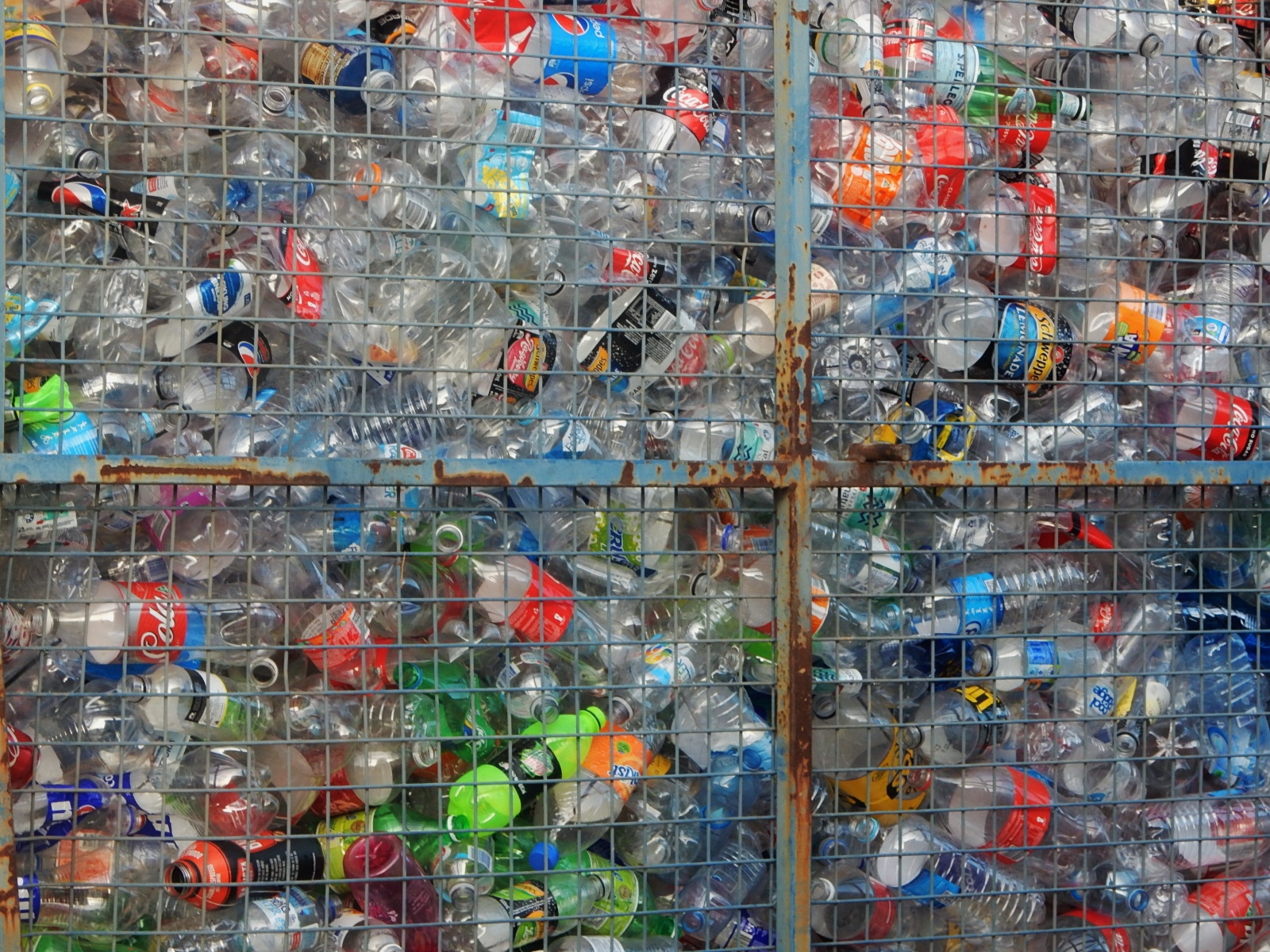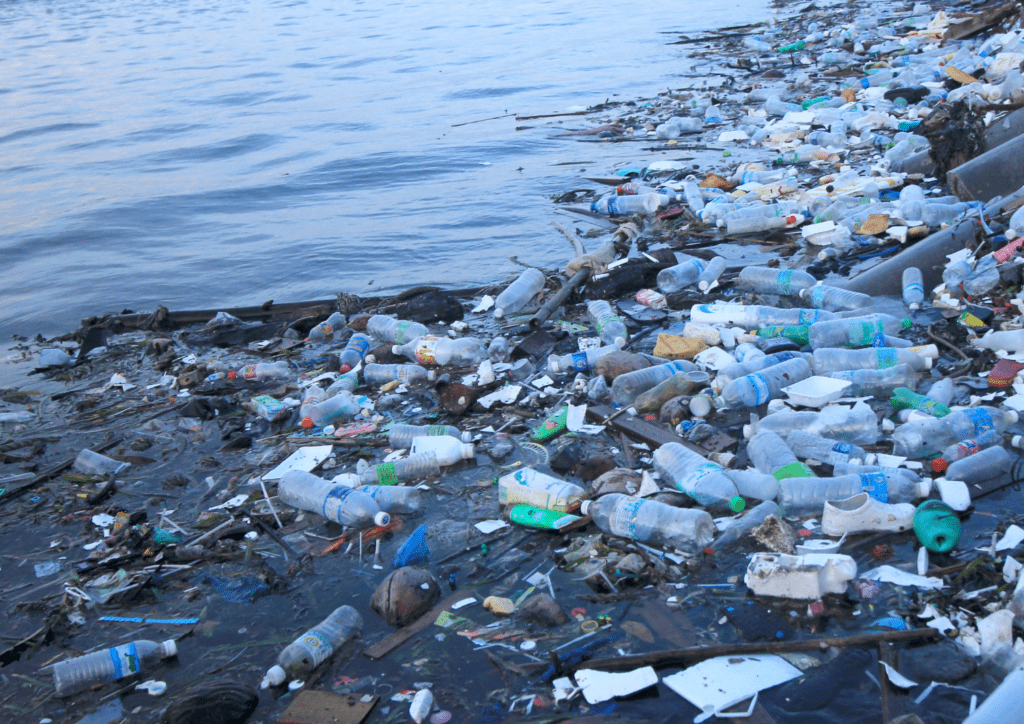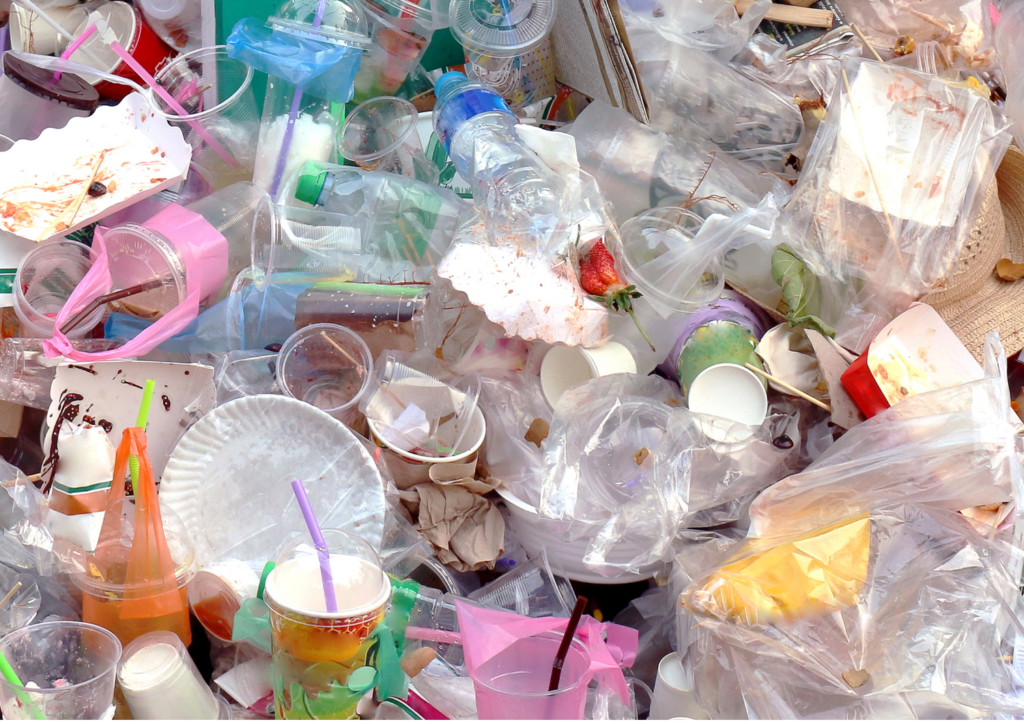In this time of heightened uncertainty and anxiety, we’re especially sensitive to messages about safety and hygiene. Everyone is trying to do their part to slow the spread of the novel coronavirus and flatten the curve. Sadly, Colby Cosh of the National Post and Ross McKitrick (University of Guelph professor and climate change denier) are using the pandemic as an opportunity to push pro-plastic agendas.
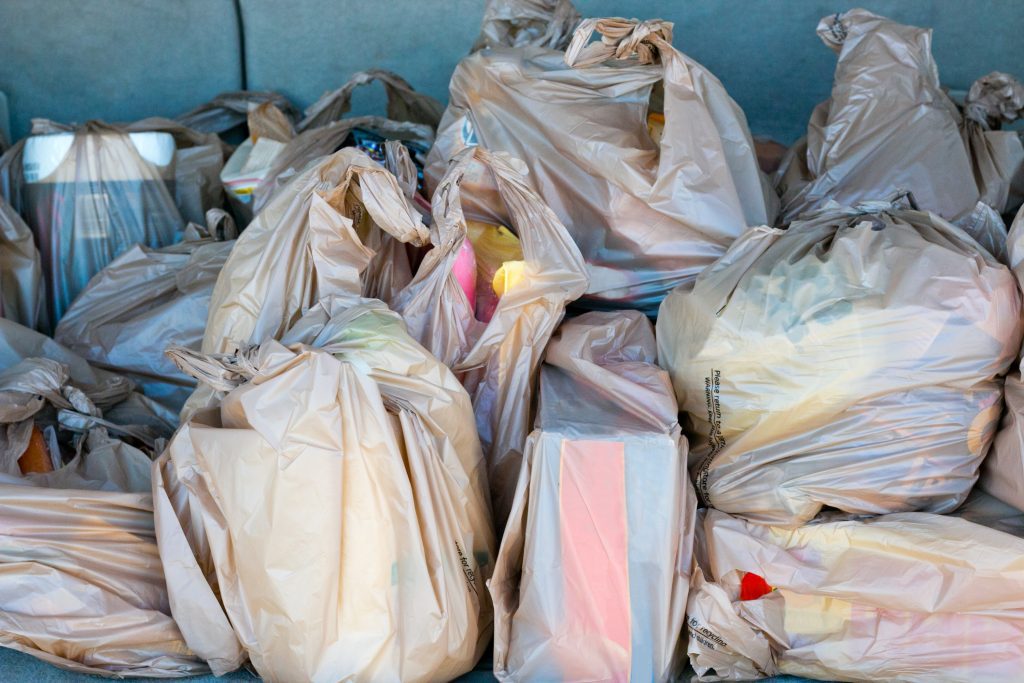
Last week, the National Post and Financial Post each published opinion pieces (you can read them here and here) espousing the benefits of single-use plastics during the COVID-19 pandemic. For sure, some disposable plastic goods are absolutely essential in a health crisis─masks, face shields, disposable swabs and testing equipment are all great examples. But disposable water bottles and grocery bags didn’t prevent the pandemic, and they aren’t going to save us now.
We don’t normally respond to these kinds of articles, especially not those written by known climate change deniers. However, their arguments and opportunism are just so outrageous that we felt we had to take them on.
Fact: Disposable plastic bags are no safer than clean reusables
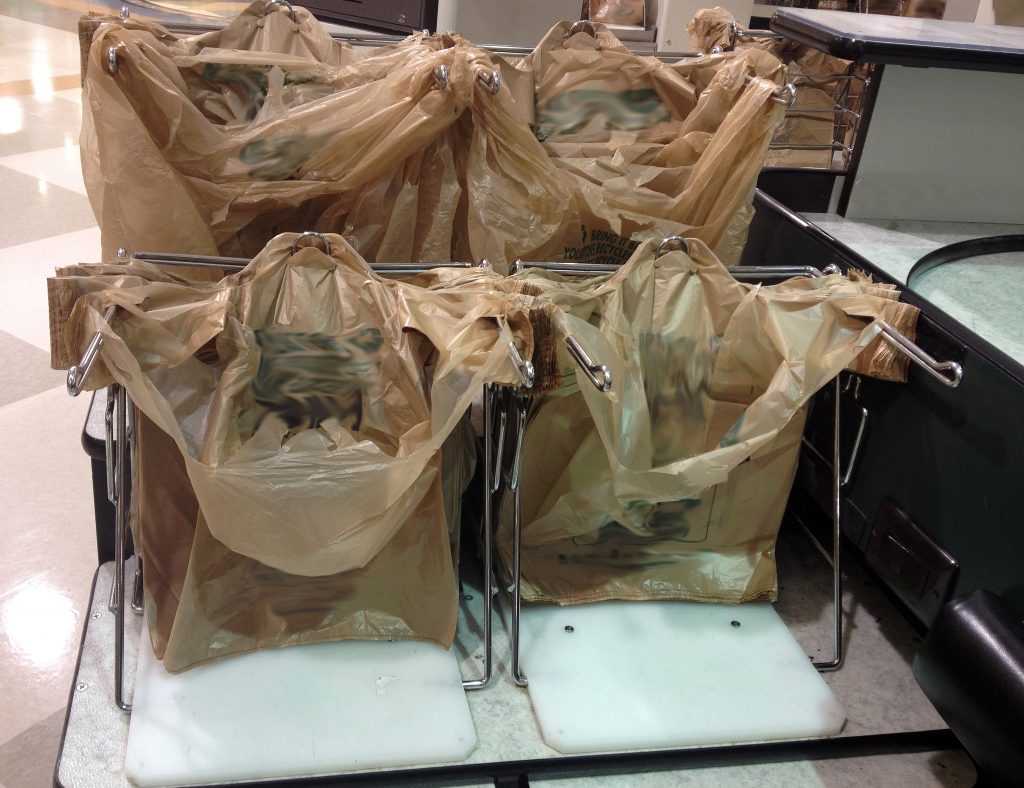
New research has found that the novel coronavirus can survive on most surfaces, including plastic. As a matter of fact, the study found that the virus lived the longest on plastic (2-3 days), in comparison to cardboard (less than 24 hours) and air (less than 3 hours).
It’s also worth noting that one of the most cited studies condemning reusable bags was underwritten by the American Chemistry Council, which represents major plastics and chemical manufacturers. And the actual recommendation made in the study was that customers regularly wash their reusable bags, not replace them with single-use plastic.
Fact: Bottled water is at best a band-aid solution to drinking water woes
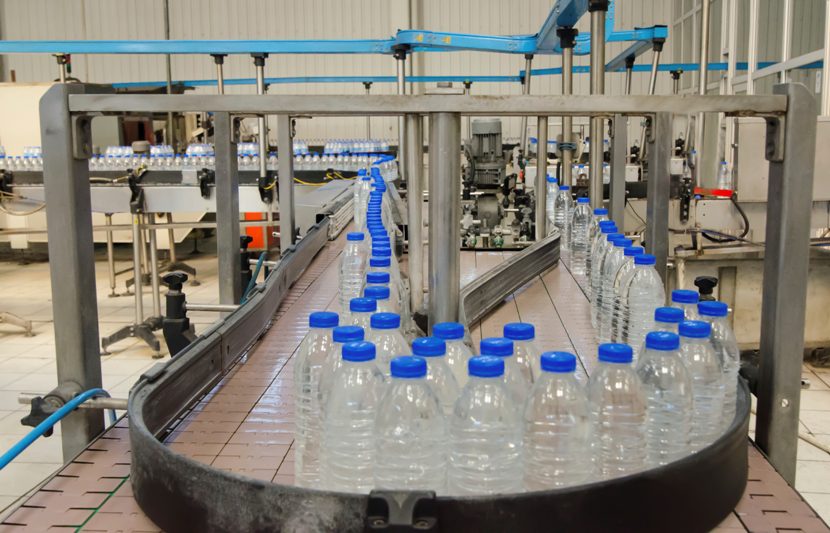
In his piece, Ross McKitrick asserts that plastic water bottles are “surely one of the great public health inventions of the modern age.” Excuse me?
The majority of Canadians have access to some of the cleanest drinking water in the world right from their tap. That’s a privilege we should celebrate and embrace. Especially now, when many of us are spending long periods of time at home. And while we’re on the topic of tap vs. bottled water, it’s worth remembering that a 2018 study found roughly twice as much plastic in bottled water when compared to tap. Yuck.
Fact: We are major contributors to the global plastic waste problem
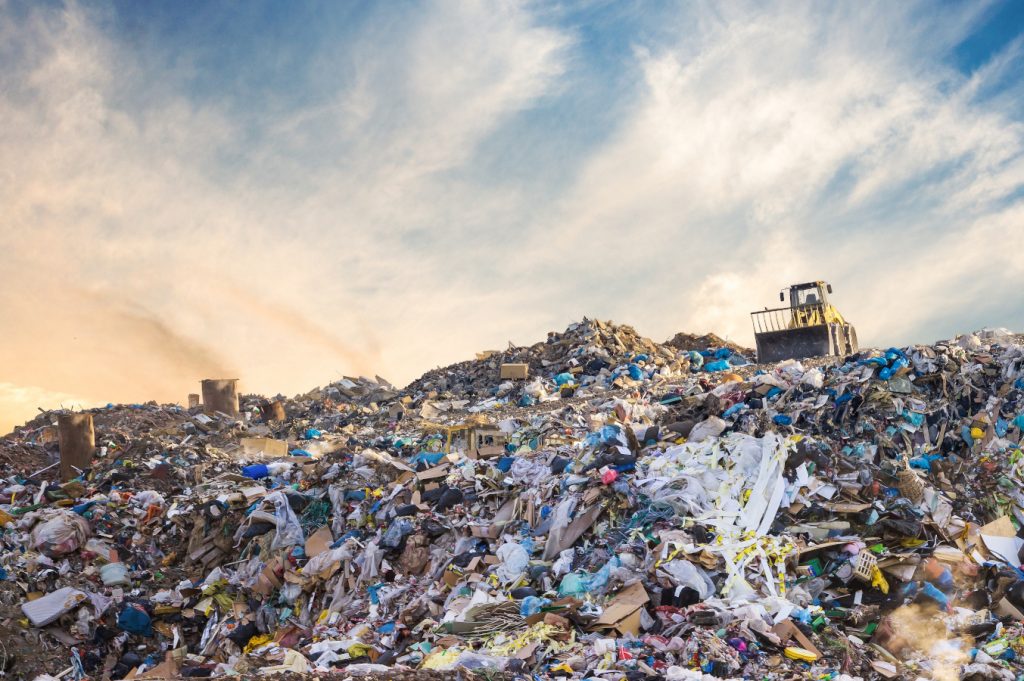
Every year Canadians throw away over three million tonnes of plastic waste. By 2030 it will be $11 billion worth. And yes—the majority of that goes to landfills and incinerators, but up until 2018 (when China banned the import of trash from other countries), huge amounts of our recyclables went to China. As a matter of fact, Canada was one of the top 10 exporters of plastic waste to China, sending nearly 200,000 tonnes of the stuff in 2016.
The plastics lobby loves to say we’re not a part of this problem because all the plastic pollution comes from Southeast Asia. But they neglect to mention that we’re one of the countries sending it there, and countries like the Philippines and Malaysia are sending it back. So when we talk about plastic pollution being the fault of poor waste management in Southeast Asia, like it’s someone else’s problem, we’re shirking our responsibilities to do a better job of managing our own waste at home.
We agree—bans alone won’t solve our plastic problem
There is one thing Cosh, McKitrick and Environmental Defence all agree on: Banning plastic straws and cups alone won’t solve our plastic pollution problem. That’s why Environmental Defence has been urging the federal government to institute a suite of regulatory actions to fight plastic pollution. You can read more about them in our latest report: No Time to Waste.
And if you want to do more, sign our petition calling for federal action on plastics.



